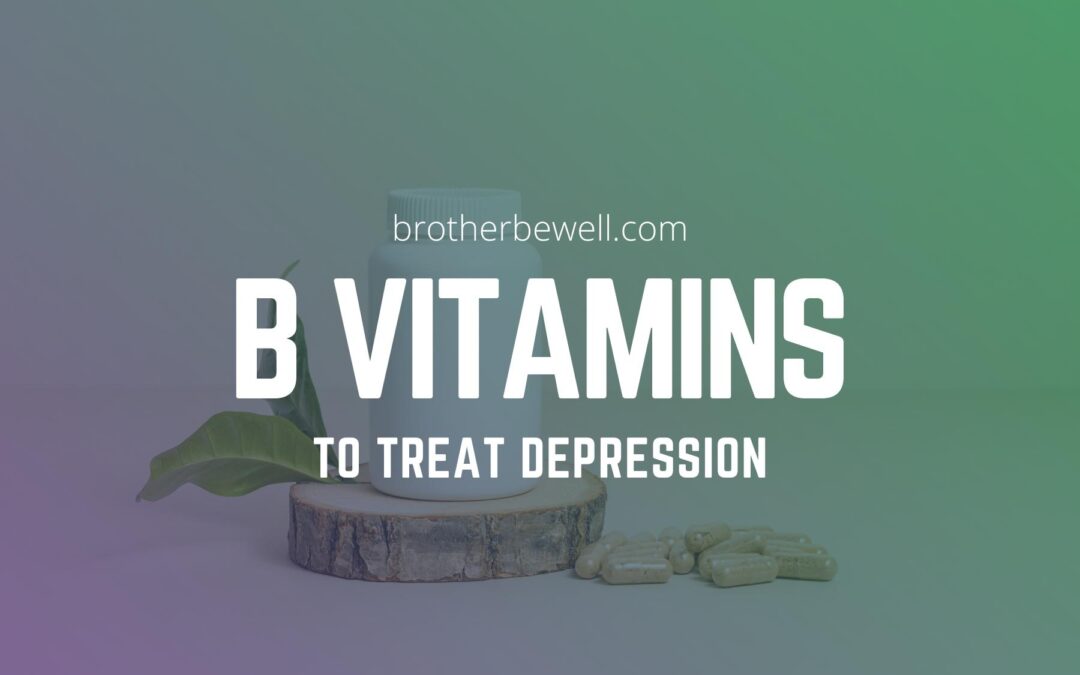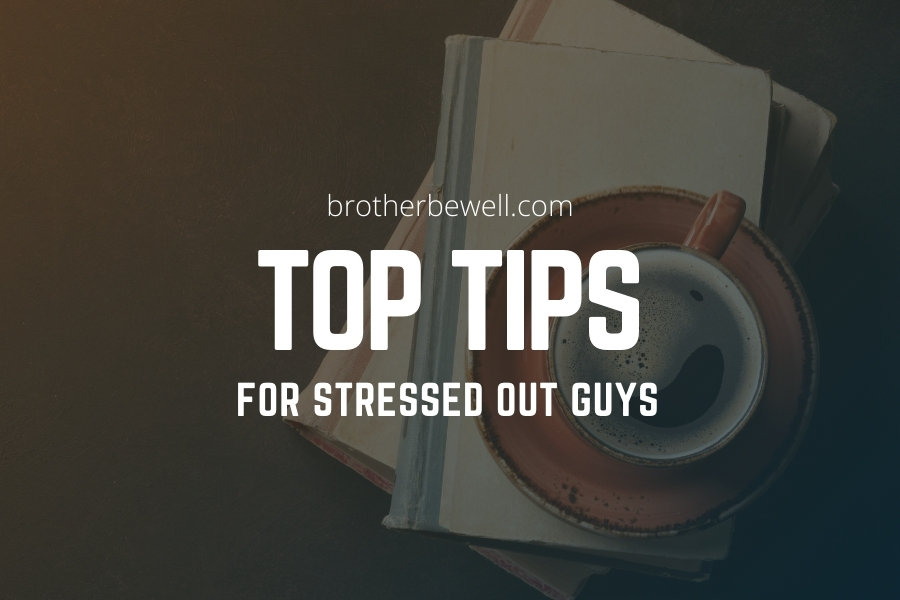When it comes to treating depression, there are reasons to seek out alternatives to pharmaceuticals. Many people find antidepressants ineffective, while others wish to avoid intolerable side effects. Thankfully, research has shown both B12 and folate (B9) to be effective remedies for depression.
It’s well-established that vitamin deficiencies can worsen depression, but did you know that vitamins can affect your response to medication as well? Multiple studies have found a relationship between folate levels and antidepressant effectiveness. This is true for B12 as well. Participants of one study saw reduced symptoms after 6 weeks of taking B12 alongside their medication. Both vitamins show promising results when taken without any antidepressants.
Best results include taking 1000mcg of B12, and/or 800mcg of folate daily. Although it may be more convenient, a B-complex typically only provides the daily recommended amount of each vitamin, while the therapeutic dose is much higher.
Are you wondering how to boost your B-vitamin intake through diet? Look no further than beef liver, which is very high in both B12 and folate. Other options rich in B12 include clams, trout, salmon, and milk. Folate is found in certain vegetables and legumes, such as spinach, black eyed peas, and asparagus. Keep in mind that supplements usually provide much higher amounts than what’s obtainable through food. That said, the benefits of a healthy diet can’t be ignored, so don’t assume that taking supplements means you can skip the veggies!
It’s important to note that individuals living with depression tend to have lower B12 and folate levels than the general population, which is why you should have your nutrient levels checked regularly. But even if your bloodwork is in good shape, you may benefit from taking supplements to ease symptoms. Just remember to check with your doctor first. Even natural treatments can cause side effects or negatively interact with other medications.
Brother Be Well Editorial Team
Coppen A, Bailey J. Enhancement of the antidepressant action of fluoxetine by folic acid: A randomized placebo controlled trial. J Affect Disord. 2000. 60:121–30. https://www.ncbi.nlm.nih.gov/pubmed/10967371/
Syed, E. U., Wasay, M., & Awan, S. Vitamin B12 Supplementation in Treating Major Depressive Disorder: A Randomized Controlled Trial. The Open Neurology Journal. 2013. 7: 44–48. https://www.ncbi.nlm.nih.gov/pmc/articles/PMC3856388/
Rao TS, Asha MR, Ramesh BN, Rao KS. Understanding nutrition, depression and mental illnesses. Indian J Psychiatry. 2008. 50:77–82. https://www.ncbi.nlm.nih.gov/pmc/articles/PMC2738337
Qureshi, N. A., & Al-Bedah, A. M. Mood disorders and complementary and alternative medicine: a literature review. Neuropsychiatric Disease and Treatment. 2013. 9: 639–658. https://www.ncbi.nlm.nih.gov/pmc/articles/PMC3660126/
Coppen, A. & Bolander-Gouaille, C. Treatment of depression: time to consider folic acid and vitamin B12. J Psychopharmacol. 2005. 19(1): 59-65. https://www.ncbi.nlm.nih.gov/pubmed/15671130
National Institutes of Health, Office of Dietary Supplements. Vitamin B12 Fact Sheet for Health Professionals. https://ods.od.nih.gov/factsheets/VitaminB12-HealthProfessional/
National Institutes of Health, Office of Dietary Supplements. Folate Dietary Supplement Fact Sheet. https://ods.od.nih.gov/factsheets/VitaminB12-HealthProfessional/
Brother Be Well Editorial Team



